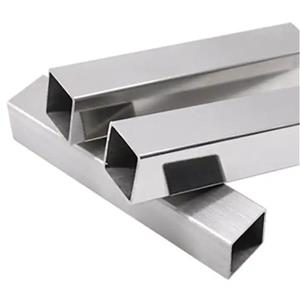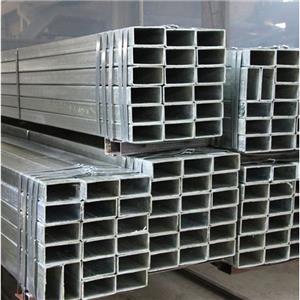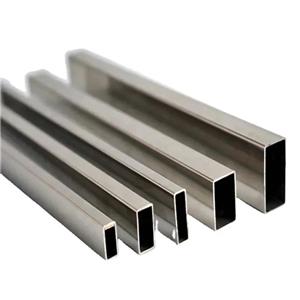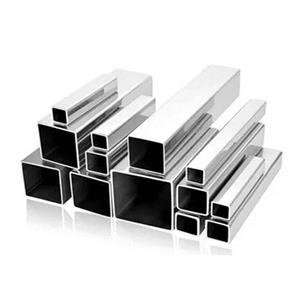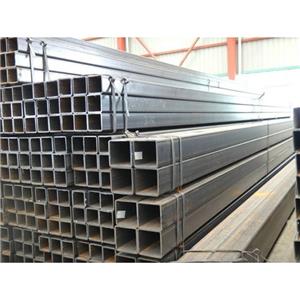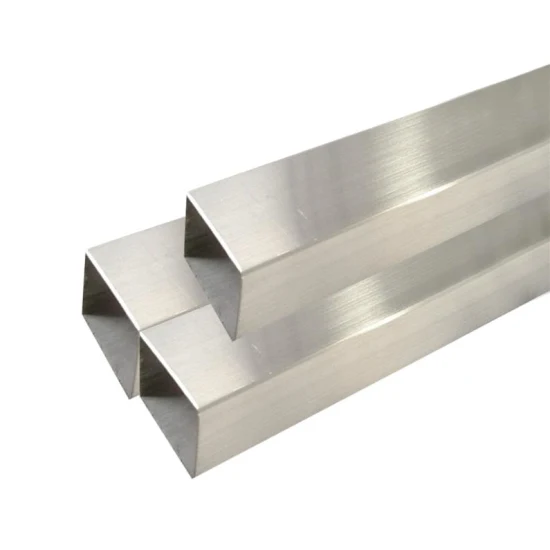- Home
- >
- News
- >
- Industry News
- >
- 316 stainless steel tube
316 stainless steel tube
Title: An Article on 316 Stainless Steel
Introduction:
316 stainless steel is a widely used and versatile alloy that belongs to the austenitic stainless steel family. Known for its exceptional corrosion resistance, high strength, and excellent performance in various environments, 316 stainless steel has become a popular choice in numerous industries.
Composition:
The composition of 316 stainless steel includes iron, chromium, nickel, molybdenum, and other alloying elements. The presence of 2-3% molybdenum is a key factor that enhances the alloy's corrosion resistance, making it particularly suitable for applications in corrosive environments, such as marine and chemical processing.
Corrosion Resistance:
One of the standout features of 316 stainless steel is its remarkable corrosion resistance. It effectively resists corrosion from a variety of substances, including acids, saltwater, and chemicals. This makes it an ideal material for applications in marine environments, where exposure to saltwater is a common challenge.
Strength and Durability:
316 stainless steel offers impressive strength and durability, making it suitable for a wide range of structural and industrial applications. Its strength is maintained even at elevated temperatures, contributing to its reliability in demanding conditions.
Applications:
Due to its exceptional properties, 316 stainless steel finds applications in various industries. It is commonly used in the manufacturing of chemical processing equipment, pharmaceutical machinery, food processing equipment, and marine hardware. Additionally, it is a preferred material for construction in coastal areas and for medical implants due to its biocompatibility.
Heat Resistance:
316 stainless steel exhibits good heat resistance, making it suitable for use in high-temperature environments. Its ability to withstand elevated temperatures without compromising its mechanical properties makes it a reliable choice in applications where heat resistance is critical.
Fabrication and Weldability:
316 stainless steel is known for its ease of fabrication and weldability. It can be readily welded using standard welding techniques, providing versatility in the manufacturing process. This characteristic contributes to its popularity in various fabrication applications.
Conclusion:
In summary, 316 stainless steel stands out as a high-performance alloy with exceptional corrosion resistance, strength, and versatility. Its widespread use in diverse industries highlights its reliability and suitability for challenging environments. As technology advances, the demand for 316 stainless steel is expected to grow, further solidifying its place as a cornerstone material in engineering and manufacturing.

